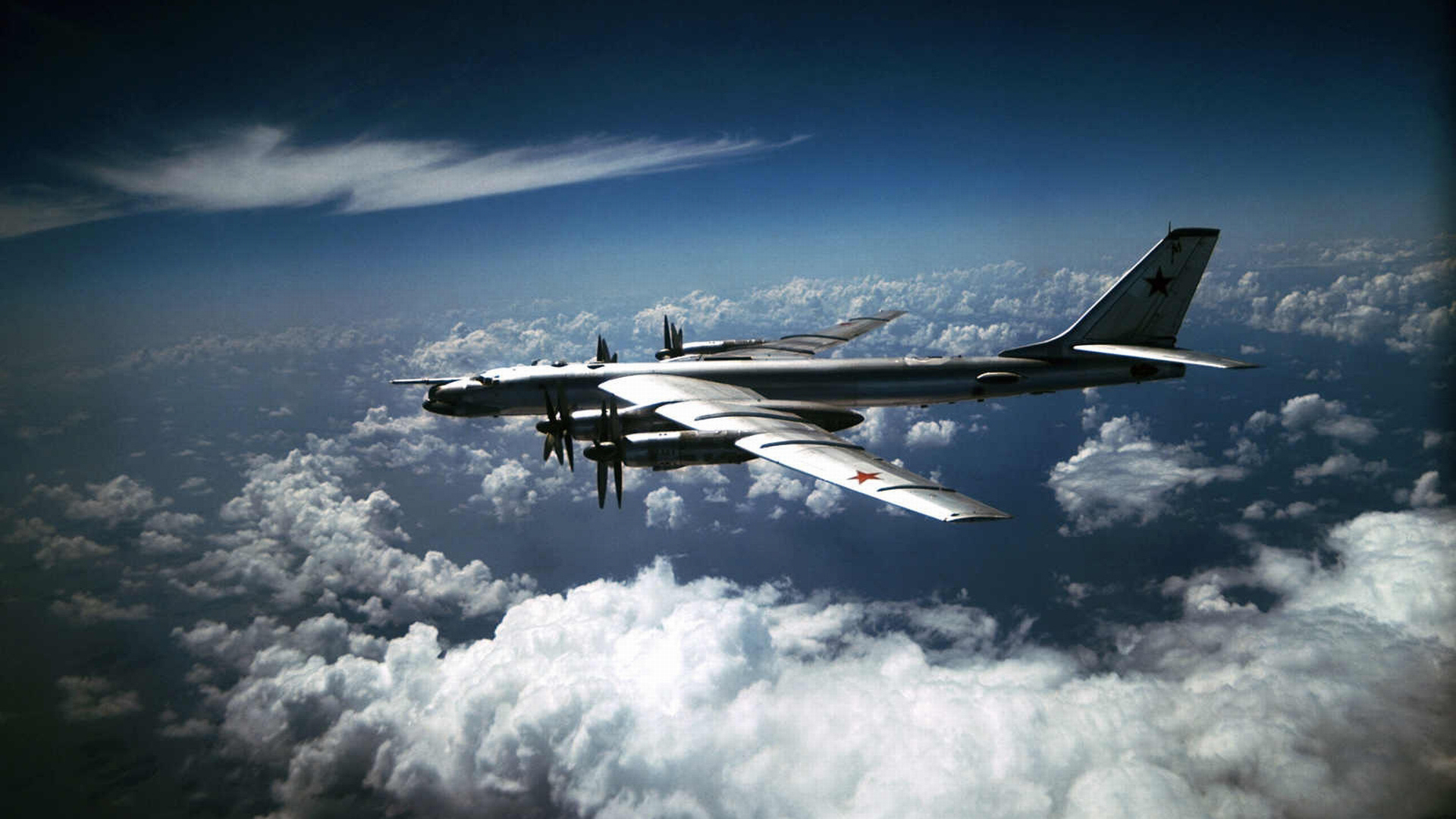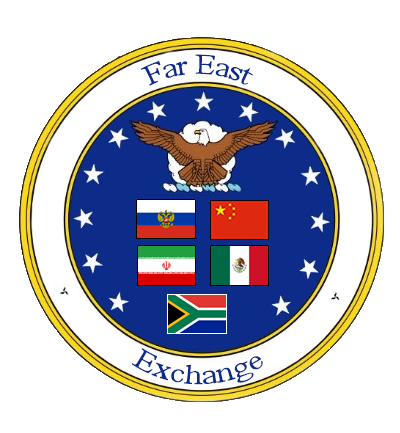






Special Assignment |
Limited Edition

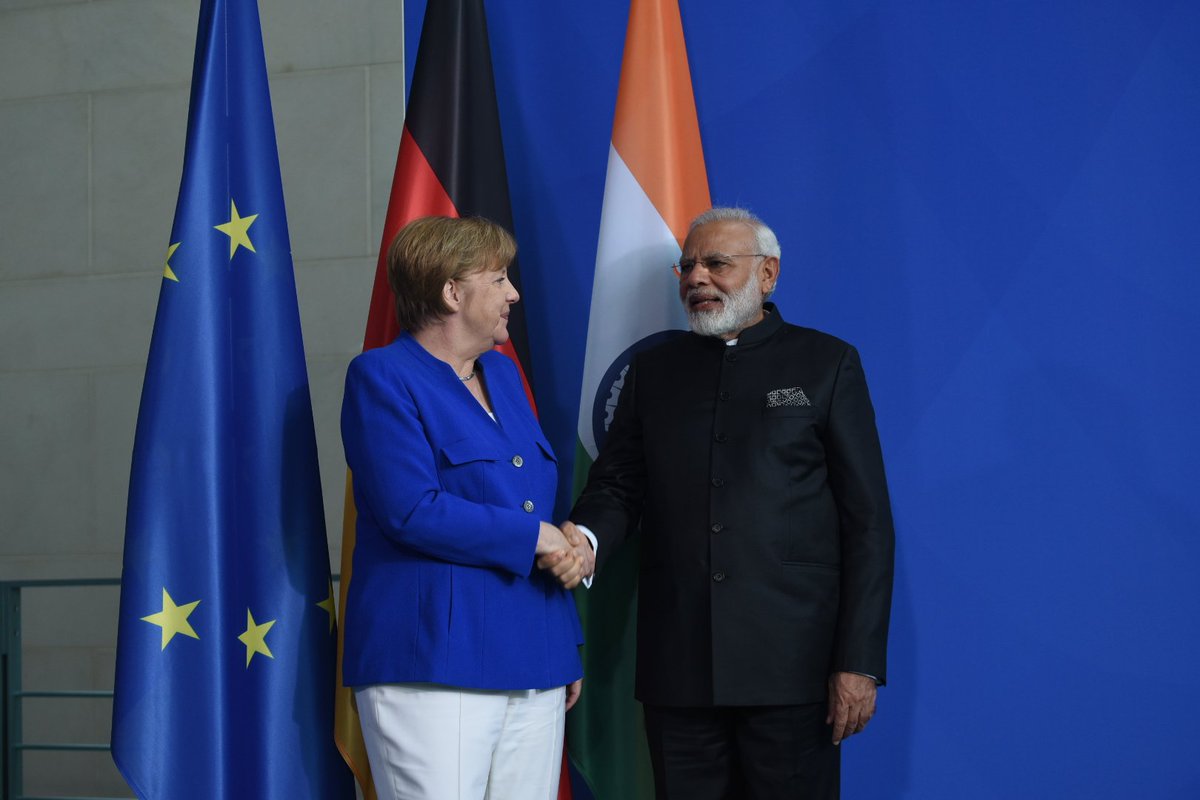
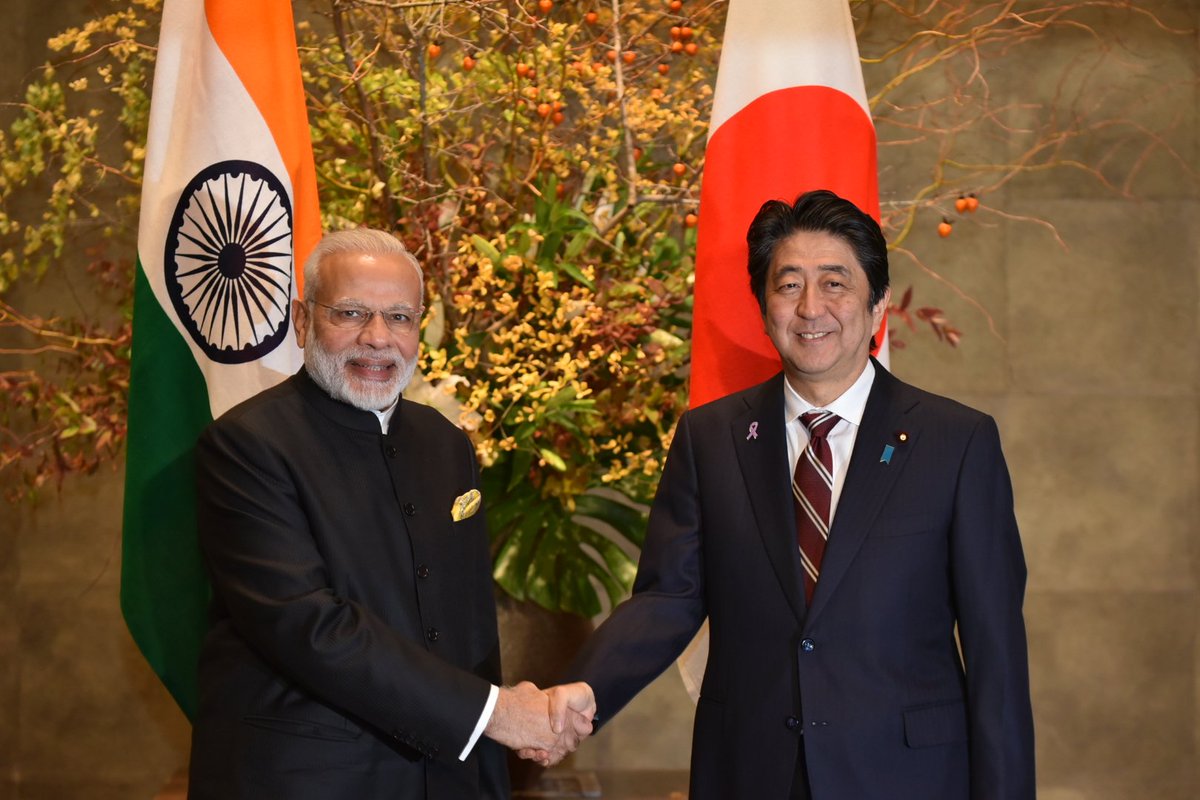
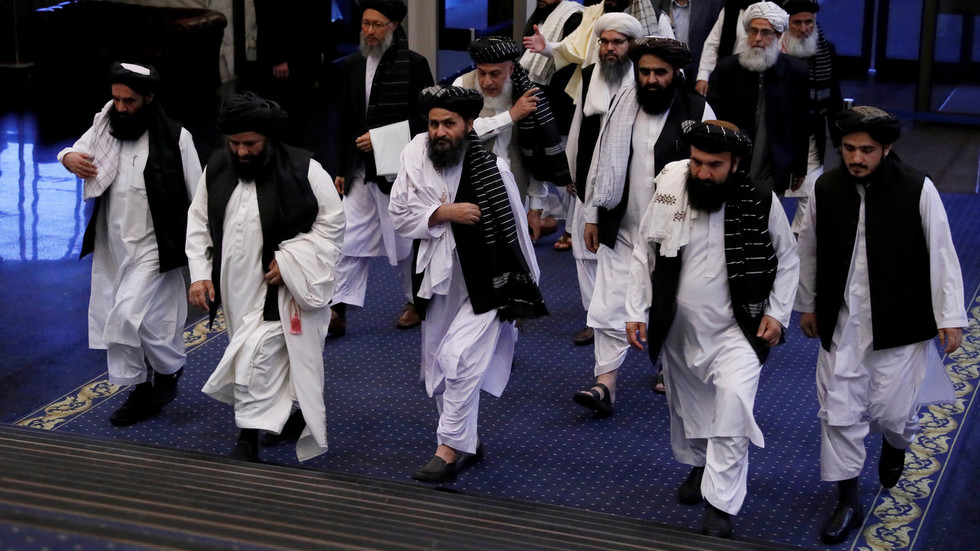
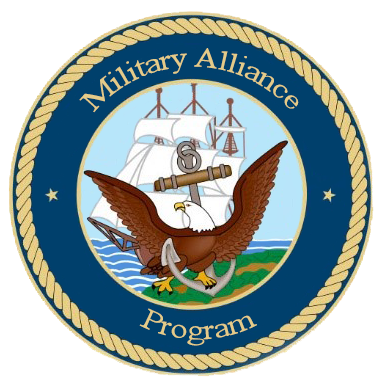
 December Ticks
December Ticks 
"What's in Store - 2021"

 |
"US attempts to salvage the European Order with new Oceania based military coalition" |
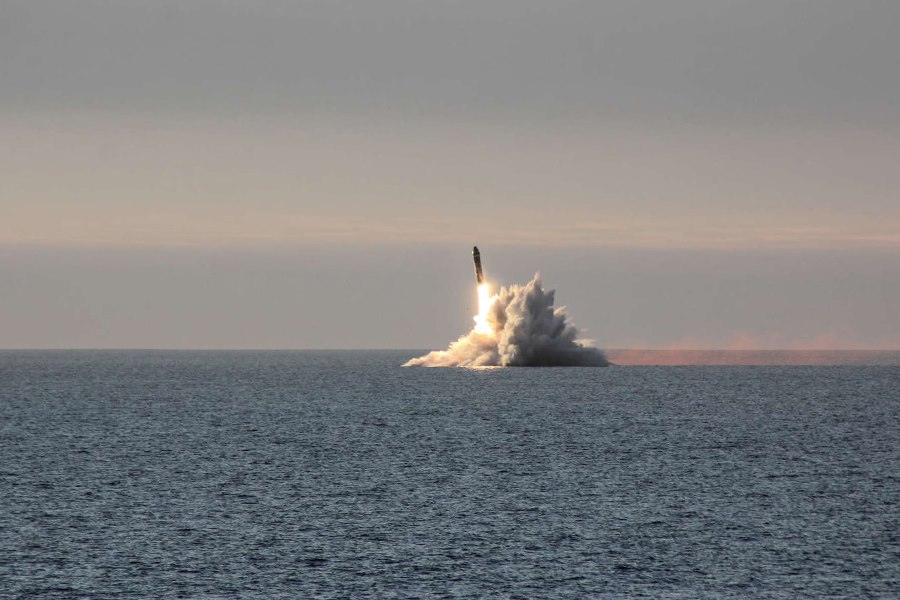 |
 The Bottom Line
The Bottom Line 
 |
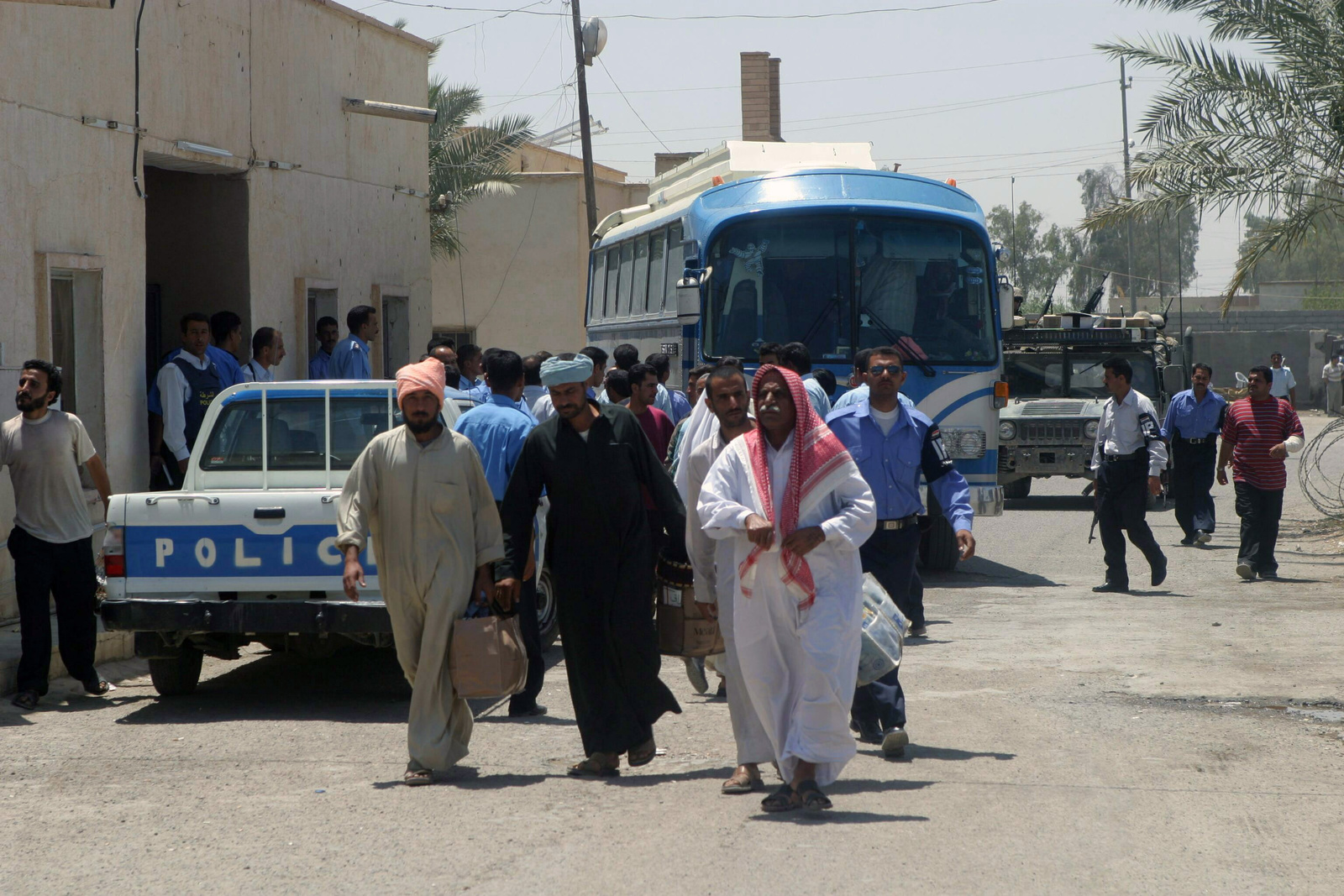 |
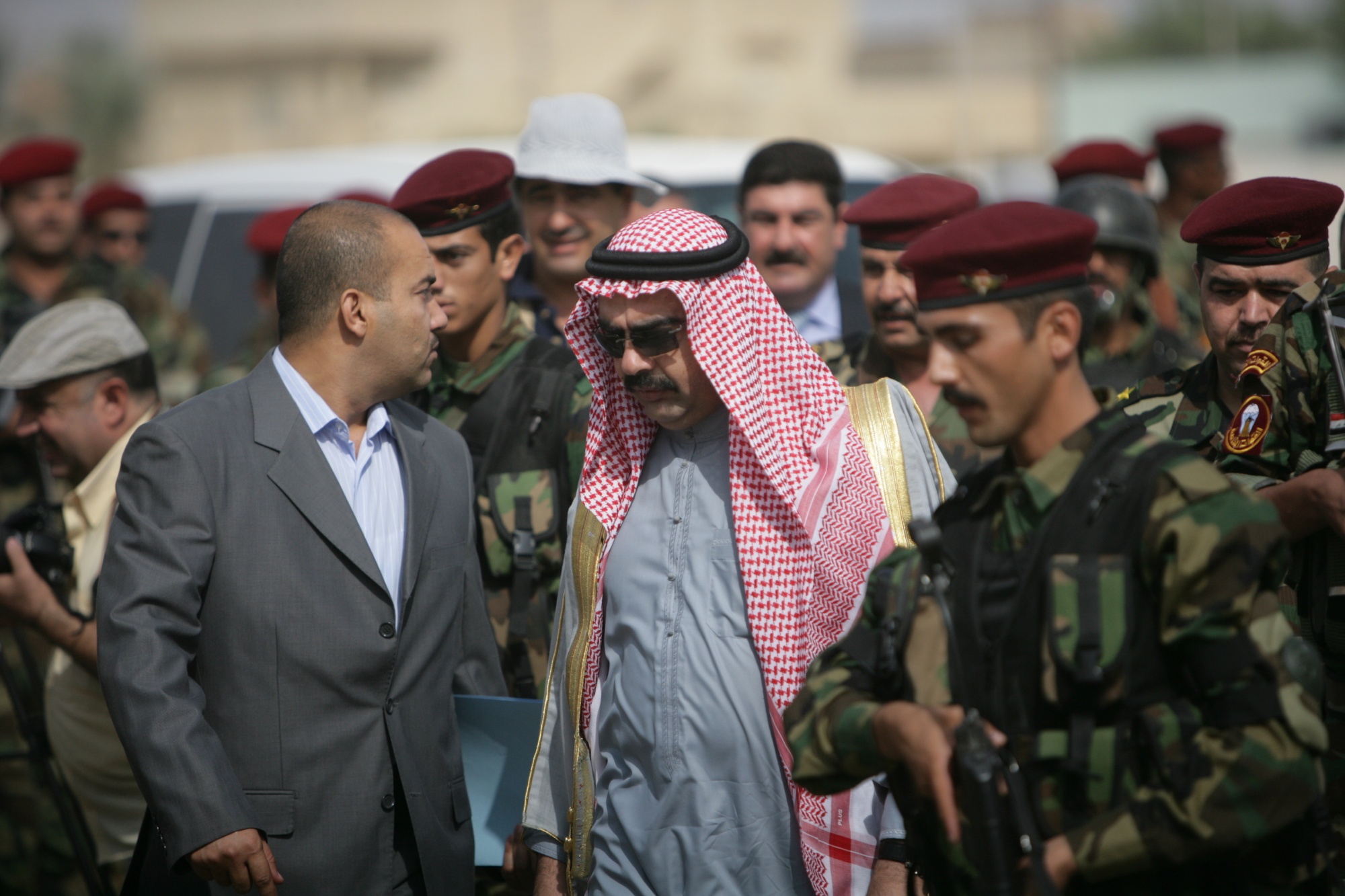 |
 |
 |
Strike Zone
|
|
 |
|
 New START Treaty Impacts the Global Economy
New START Treaty Impacts the Global Economy 
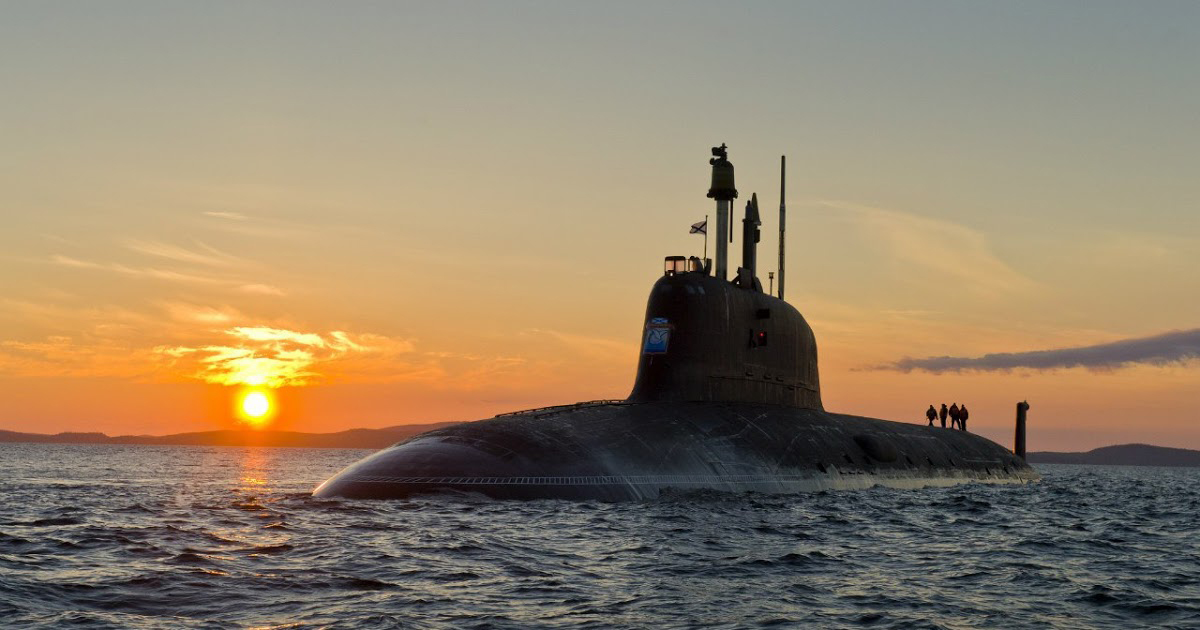
10.08.2020
01:27 PST
SF Bay Area, CA – Viciously, the US trade war with China and economic sanctions against Russia, Iran, Venezuela and Turkey reflect a major economic shift in the near future. Silently, issues with the global money supply is rooting out a new START treaty between Russia and the US which hold the world's biggest nuclear stockpile. Meanwhile, the cost of reserving US dollars for the Central Bank of China has become a military threat to the nation from the South China Sea. Insistently, China has reinforced its domestic economic road map which includes a maritime code of conduct to expand its One China policy. Moreover, the global money supply is becoming heavily mixed with the gold-backed yuan. Economically, the impact of a slowdown from China over the US trade war initiates new trade policies in Hong Kong which include abandoning its dollar-pegged currency. Furthermore, the global money supply is shifting away from the US dollar as economic sanctions against Russia are overshadowed with a new international payment system in both Russia and China. Primarily, economic tensions are deteriorating the possibility for a new START treaty which is designed to alleviate trade and nuclear pressure.
Militarily, Russia is expanding development of its air-defense systems to include low altitude targets with satellite communication. Effectively, the profound readiness of the Russian military to surpass the limits within the START treaty weighs on its looming deadline. Globally, economic tensions are generating pressure against the dollar which forwards more attention on the ruble.
 Stay tune for... Radio News with China
Stay tune for... Radio News with China 
Observantly, the US Pacific naval fleet (based on Pearl Harbor, Hawaii) is mimicking its Baltic build-up against Russia to include surveillance and threats to China. Recently, the National Defense Control Center in Russia stated, "Three Su-35S fighters from the Eastern Military District’s air defense quick reaction alert forces were scrambled one by one to intercept the target, which they identified as a US Air Force B-1B strategic bomber and consistently shadowed it over the Sea of Okhotsk." Significantly, the looming deadline for a new START treaty directs the use of force against persistent US threats to the global economy.
[Top]

 |
"US attempts to salvage the European Order with new Oceania based military coalition" |
 |
 Rules of Engagement
Rules of Engagement 
 |
 |
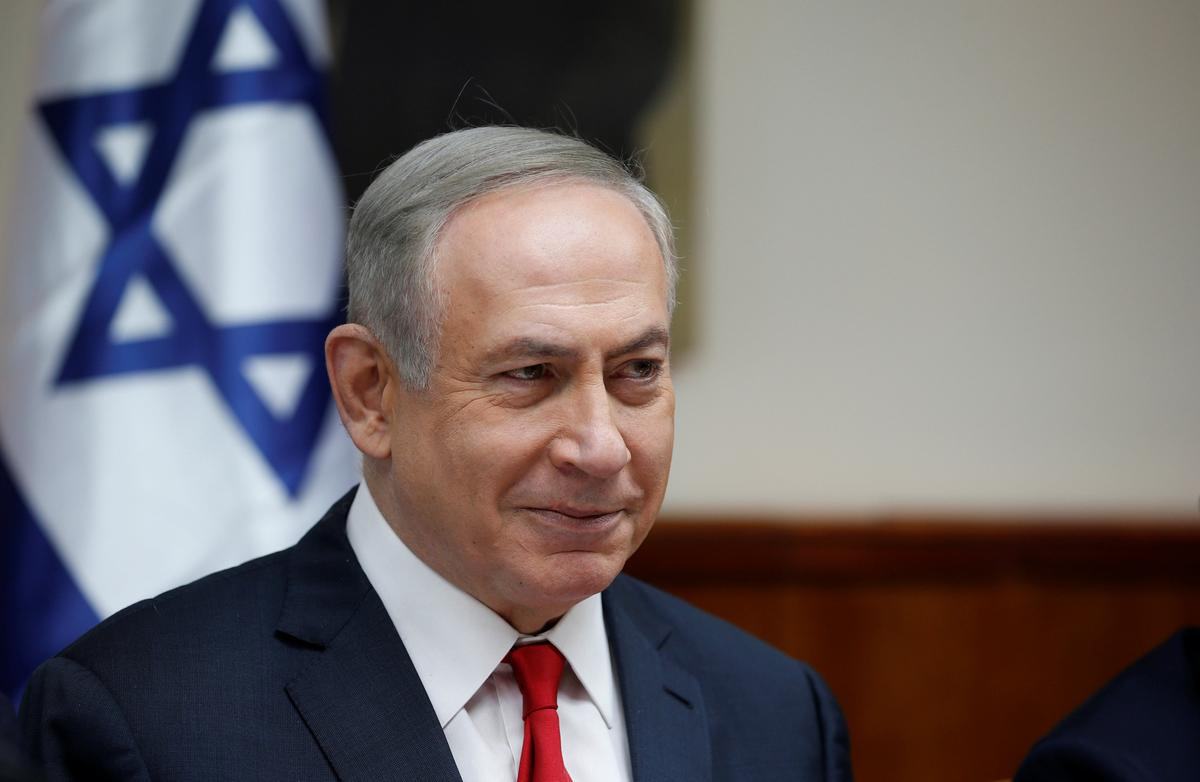 |
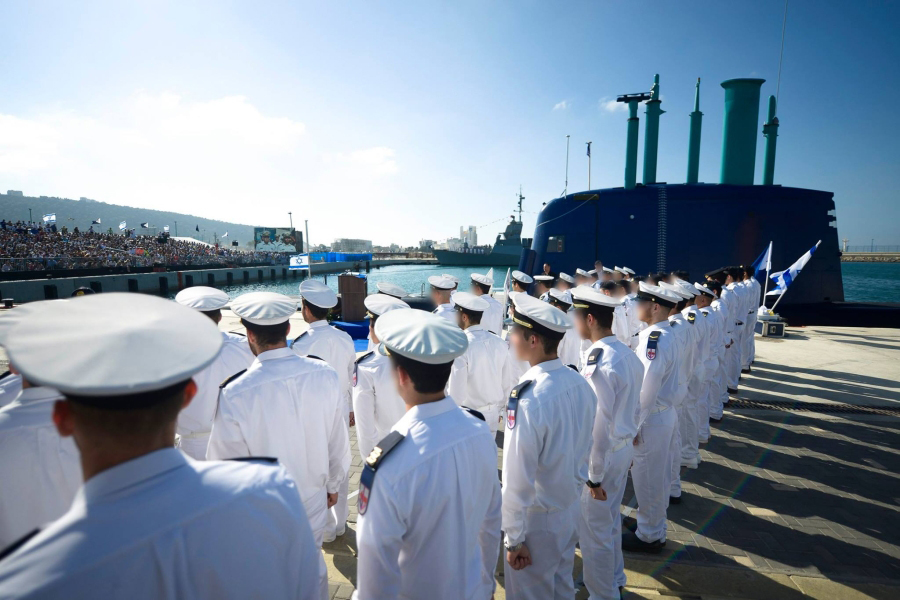 |
 |
At the Border
|
|
 |
|
 Revamping the Panama Canal from Mexico
Revamping the Panama Canal from Mexico 
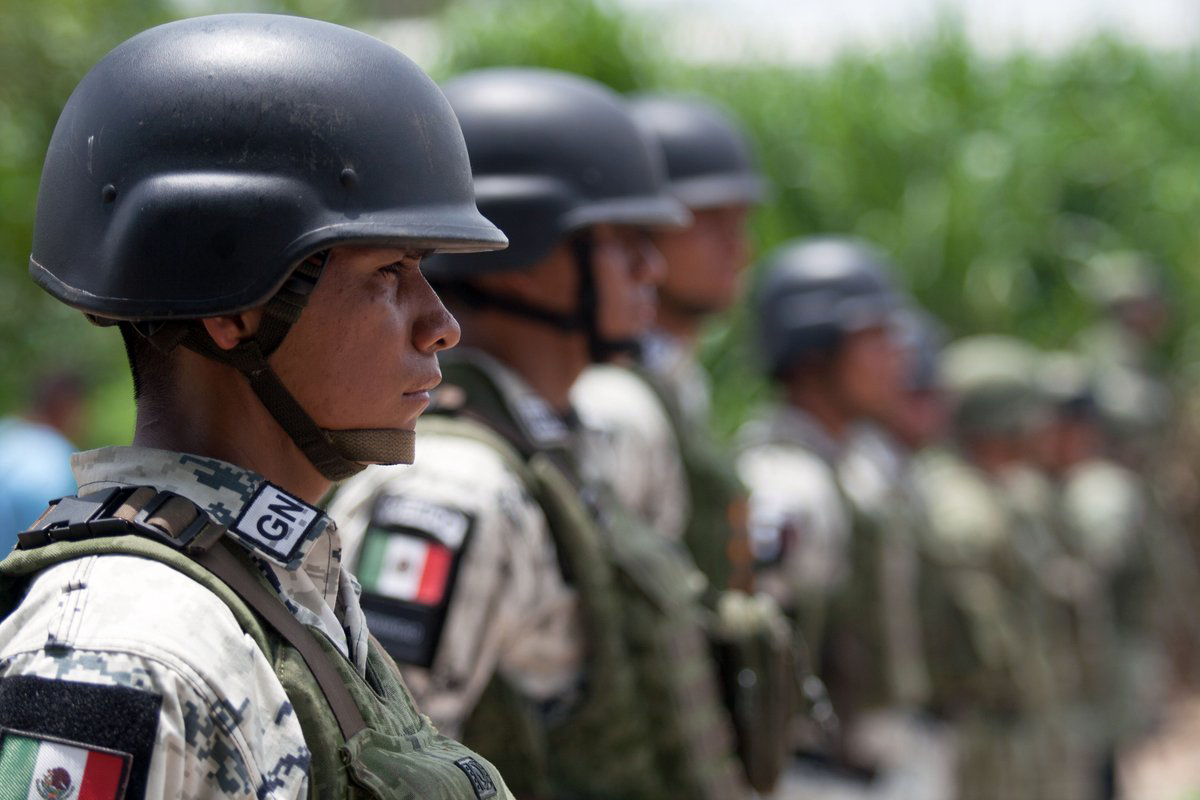
11.08.2020
22:33 PST
SF Bay Area, CA – Freely, the US-Mexico border has drifted into the headlines from the war on drugs which has left the US Department of Homeland Security ditched. Economically, the US Treasury Department is also in the limelight as the pace of mature bonds outpace recovery from the COVID-19 pandemic. Militarily, the war on drugs in Mexico opens the economic wounds left behind US President Donald Trump's enforcement of trade embargoes. Hence, the Gulf of Mexico is becoming the origins for a revamped Panama Canal as Mexico's navy raises the red flag against the US Department of Homeland Security over the US-Mexico border.
Impressively, the Gulf of Mexico is selected as a premium zone for integrated strategic development on the Kupol space system with Russia. Specifically, Russia is scheduled to finish the first stage modernization of newer radars for its advanced missile defense systems this year. Likewise, integration with the Kupol space system from the Gulf of Mexico reinforces the security gap from the war on drugs at the US-Mexico border.
 Stay tune for... Radio News with China
Stay tune for... Radio News with China 
Diligently, Russia's CEO Pavel Laptayev of RTI Joint Stock Company (which will deliver the upgrades) stated, "We are currently working on a project that lays out the existing radar stations’ upgrade logic. This project will be finished in 2020, and then we will get down to the research and development stage to compile the evidential base, and formulate technical solutions for each station upgrade separately." Markedly, revamping the Panama Canal with integration of the Kupol space system is a major stride towards economic stabilization on the Gulf of Mexico.
[Top]

 |
"US attempts to salvage the European Order with new Oceania based military coalition" |
 |
 Opium Pandemic
Opium Pandemic 
 |
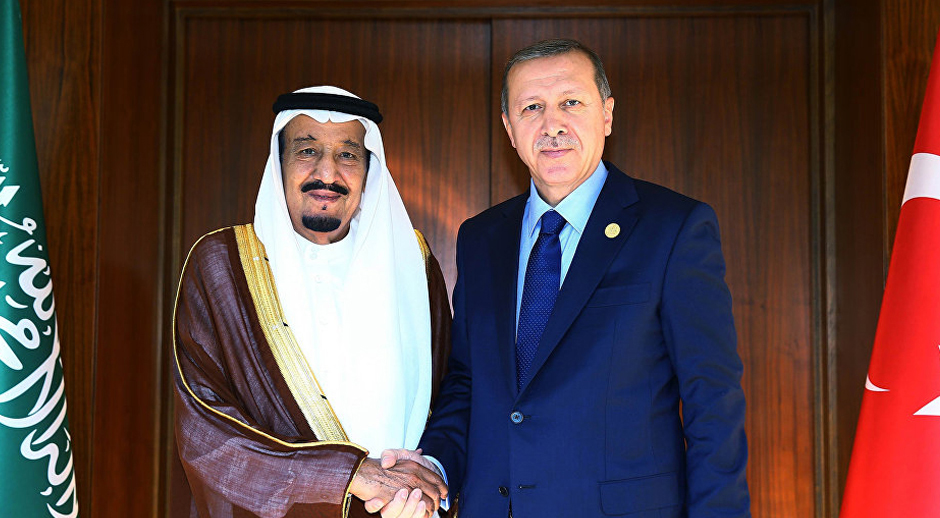 |
 |
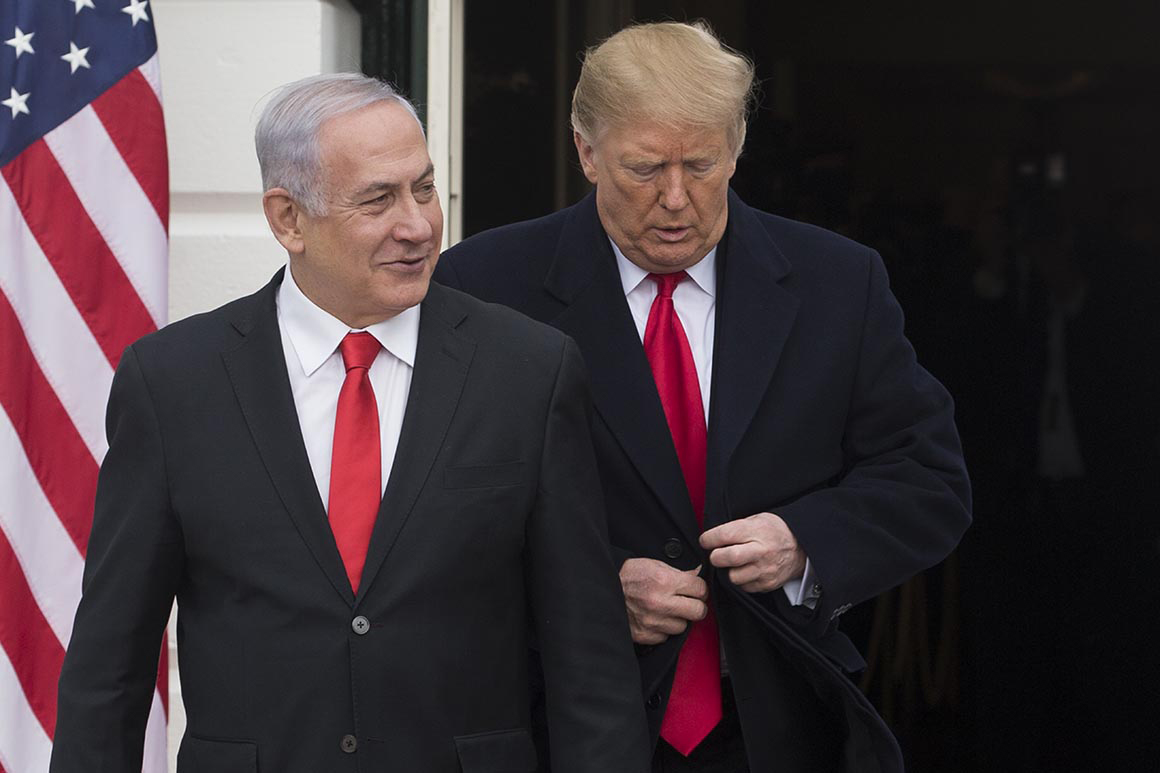 |
 |
Zionist Imperialism
|
|
 |
|
 US-Israel Ties Escalate Regional Military Tensions
US-Israel Ties Escalate Regional Military Tensions 
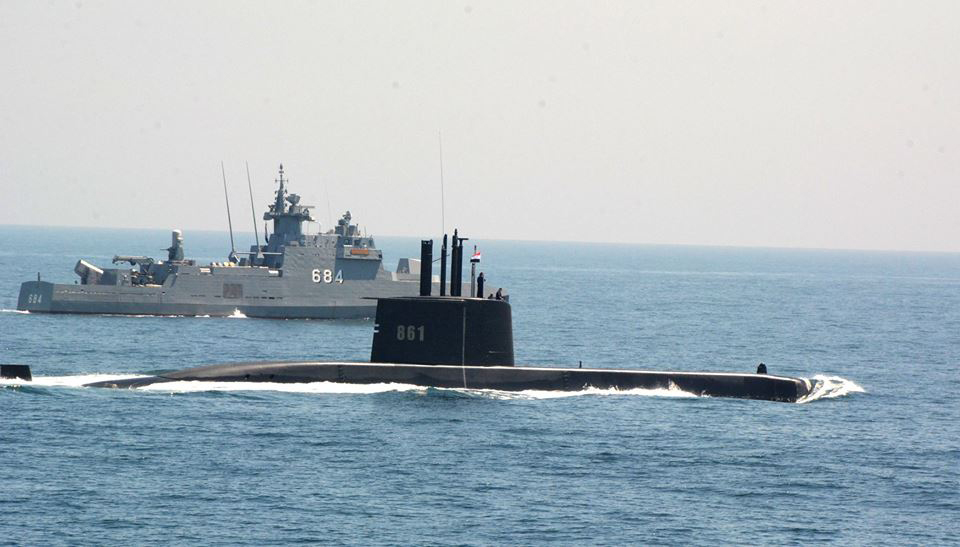
24.12.2020
03:44 PST
SF Bay Area, CA – Recently, a US nuclear-powered submarine entered the waters of the Persian Gulf as Israeli submarines moved through the Suez Canal. Furthermore, Israel's navy cited the approval of Egypt to advance its submarine near the border of Saudi Arabia which signal rising tensions in the region. Publicly, Israel's Defense Forces Chief of Staff Aviv Kohavi stated, "The IDF will forcefully attack anyone who takes part, from near or far, in activities against the State of Israel or Israeli targets. I am saying this plainly and am describing the situation as it is — the response and all the plans have been prepared and practised." Frivolously, the US and Israel are beefing up trumped allegations against Iran and its allies as the war in Syria unfolds.
Likewise, rising military tensions in Afghanistan elevate the necessity for a response from Iran over acts of military aggression by US coalition forces in the region. Primarily, Iran is the focus of US-led coalition forces which face major economic and political stigma from trade embargoes and sanctions.
Particularly, violence in Afghanistan has trended higher as the Taliban gains stronghold of Zabul Province which leads to Kabul from Kandahar while bordering western Pakistan. Strategically, Afghanistan forces have relocated positions toward the capital Kabul as the Taliban reinforce near Kandahar. Effectively, military tensions from Iran over US coalition forces and Israel shifts attention on the violence increasing near Kandahar. Steadily, the Taliban is propped towards advancing beyond Zabul over escalating military tensions in the region. Publicly, the Taliban has signaled interest for intra-Afghan talks which target national elections. Additionally, CEO of the Free and Fair Election Forum of Afghanistan (FEFA) Yousuf Rasheed was assassinated in Kabul as regional military tensions surge.
 NATO Eyes Its Potential in Libya, Syria and Iran
NATO Eyes Its Potential in Libya, Syria and Iran 
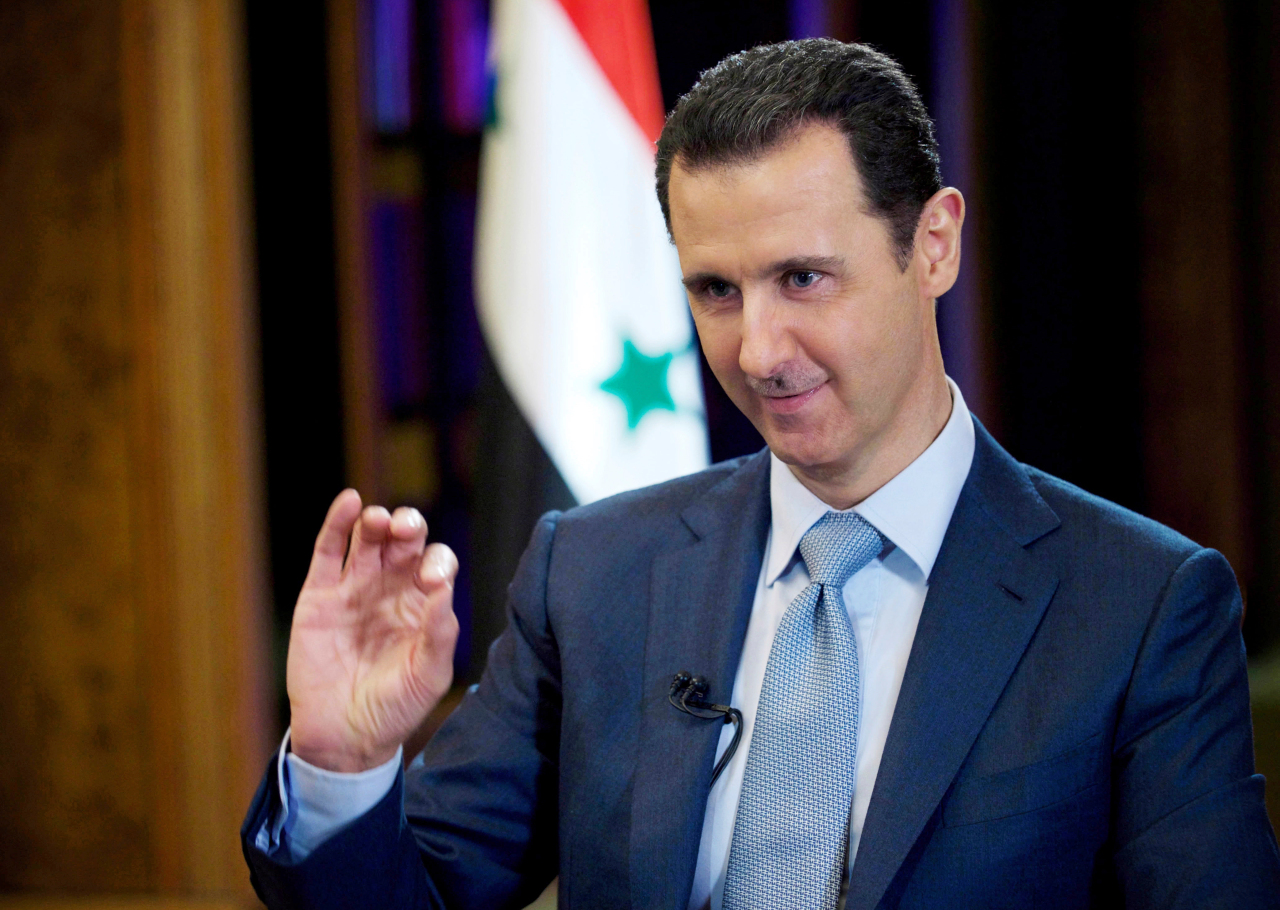
25.12.2020
17:09 PST
SF Bay Area, CA – Militarily, NATO has directed its attention on the war in Syria as Israel begins to raise havoc with Iran. Likewise, the situation in Libya has a major impact on the European-based alliance. Internationally, NATO is wedged in the end of Germany's two-year term with the UN Security Council which slows pressure to expand in the Middle East. Recently, Germany's permenant representative at the UN Christoph Heusgen mentioned, "A second leading rule for us is to take a wider, more comprehensive view of security: Not only (tackling) mere conflicts but also their root causes." Hence, the potential for NATO to expand from the situation in Syria is approaching a point of no return.
Meanwhile, Germany's call for a total nuclear disarmament initiative (2019) remains in limbo as the situation in Syria adds on economic pressure from NATO to Iran. Politically, NATO awaits the inauguration of US President Joe Biden for implementation plans to isolate and surround Iran with Israel and US coalition allies in the region.
Rashly, Israel has united efforts in the US to permanently displace Palestinians to areas in the region saturated with threats from ISIL towards civil society. Abruptly, regional violence in the Middle East is surging from military tensions in Syria, Libya and Iran as Germany end terms on the UN Security Council. Blatantly, Israel has maintained an aerial assault regime against Syria in efforts to dismantle nearby allies against US presence in the region. Potentially, NATO seeks to expand allegiance with undercover aid groups such as the White Helmets which perpetuate Western diplomacy to increase intelligence gathering in the Middle East. Aggressively, Turkey has intervened in Israel's regional stance as President Recep Tayyip Erdogan added, "If there were no issues at the top level [in Israel], our ties could have been very different." Furthermore stating, "We would have liked to bring our ties to a better point."
[Top]

 |
"US attempts to salvage the European Order with new Oceania based military coalition" |
 |
 Intra-Afghan Talks
Intra-Afghan Talks 
 |
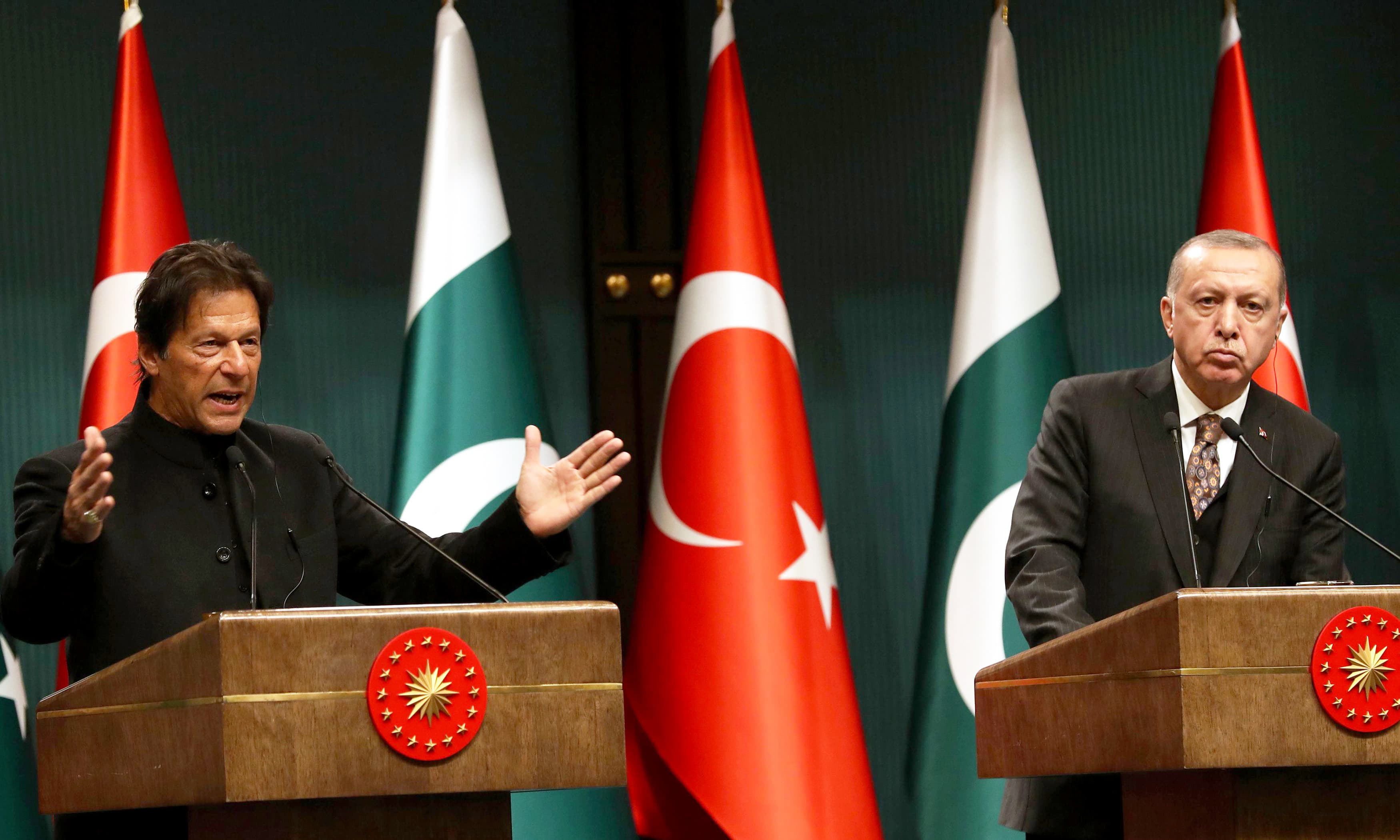 |
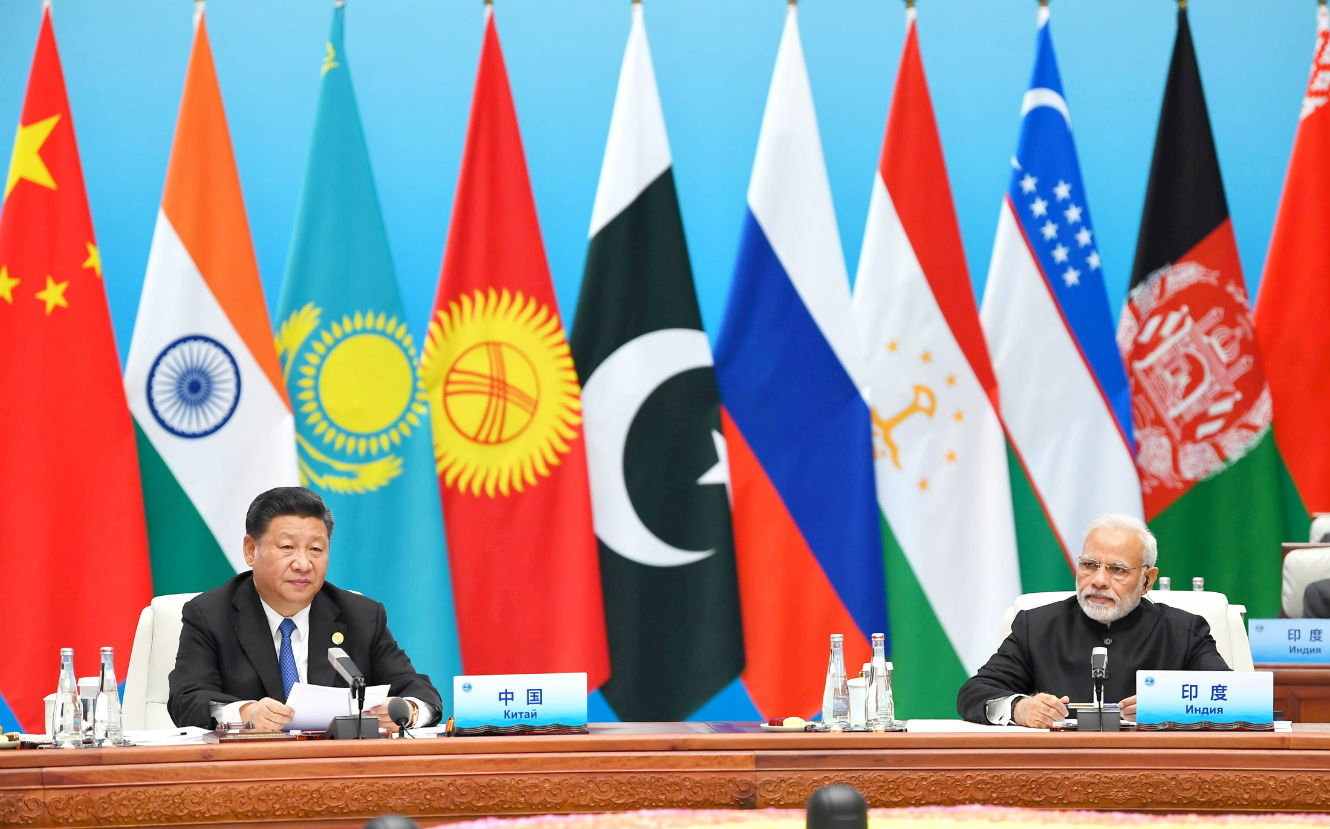 |
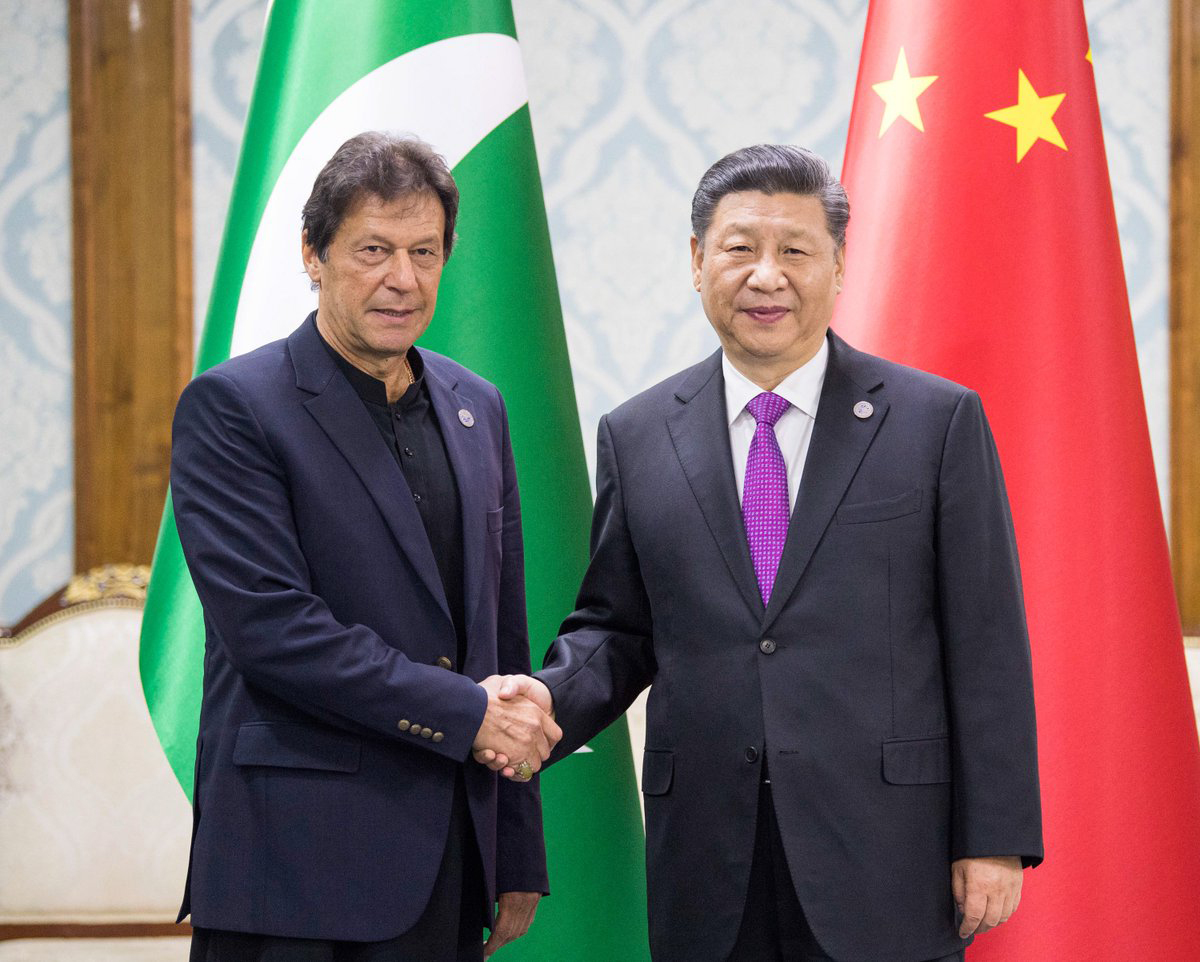 |
 |
The Roll Call
|
|
 |
|
 Pakistan Iterates Ranks with Taliban
Pakistan Iterates Ranks with Taliban 
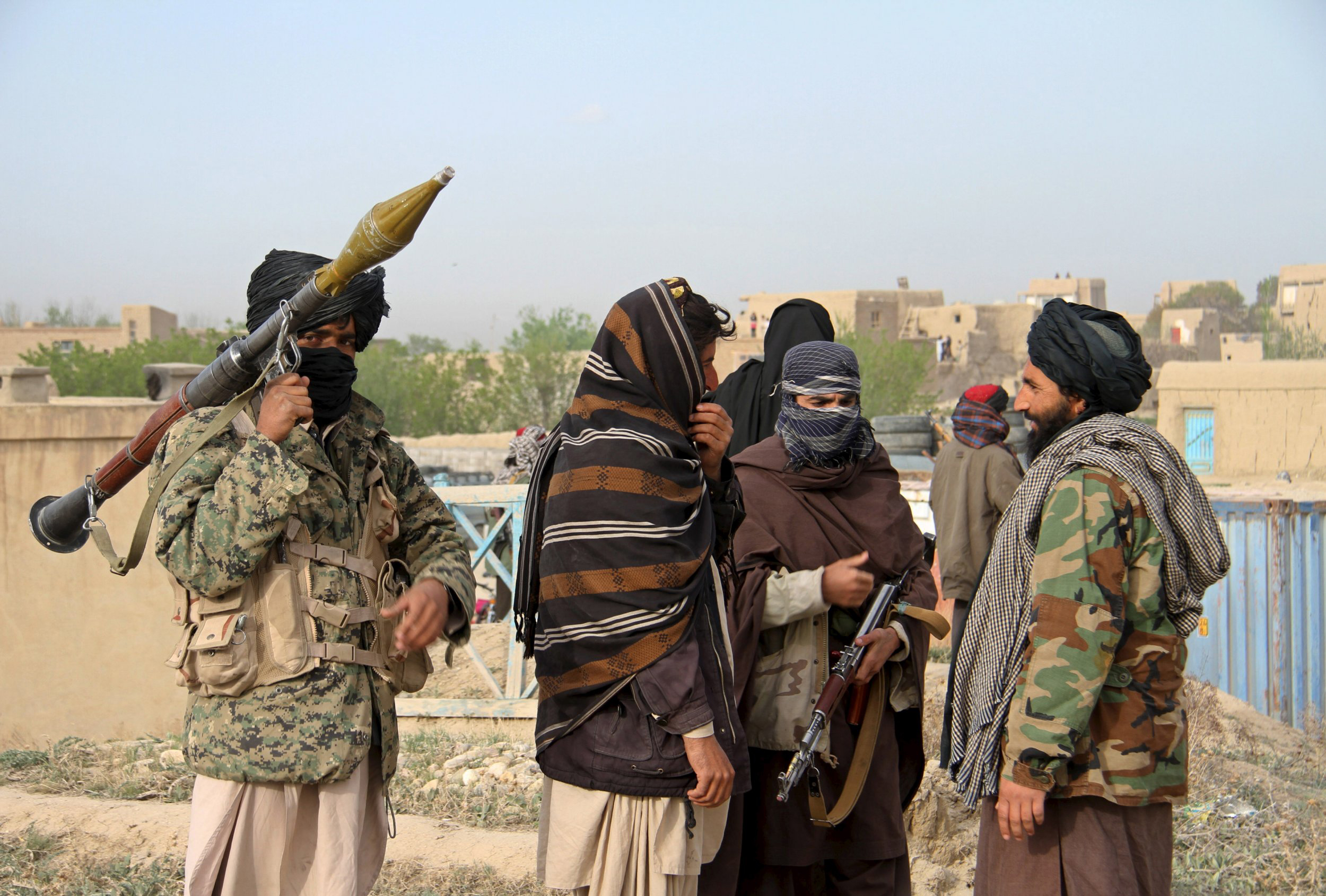
25.12.2020
22:45 PST
SF Bay Area, CA – Psychologically, intra-Afghan talks have been at rest over growing incompetence with Afghanistan's security as issues from Pakistan surface in the Taliban. Nationally, Afghanistan is in the midst of integrating into a growing Taliban initiative to meet public demand in achieving regional stability beyond the limits of the existing Afghan government. Openly, Afghanistan's First Vice President, Amrullah Saleh reflected on recent activities to reach public demand stating, "There is no doubt that obvious and hidden failures are within the formation, force, methods and instruments.” Keenly, the Taliban has refrained from intra-Afghan talks to expand influence in Pakistan which stabilizes the recent trade agreement reached between the neighboring states.
Attractively, Afghanistan's Foreign Ministry released a statement saying, "Over the past week, two sets of news stories about Afghanistan have emerged from Pakistan, one being a source of hope for the government and people of Afghanistan, and the other a cause of great concern."
Significantly, Pakistan is addressing the political cross-road ahead in Afghanistan which faces added pressure from ongoing scrutiny in legislation of its constitution. Progressively, the Taliban is demonstrating with Pakistan its political stance to US negotiators over a peace agreement which weighs the constitution. Diligently, the Afghan government has attempted to accelerate the intra-Afghan peace process with efforts to initiate a permenant cease-fire with the Taliban. Assertively, Pakistan has emphasized support for peace talks that reach a deal between the Afghan government and Taliban. Notably, a peace agreement in Afghanistan includes elimination of national threats from US-backed militia in the region.
 Daesh Beyond... Pakistan and Afghanistan Agree on Trade
Daesh Beyond... Pakistan and Afghanistan Agree on Trade 
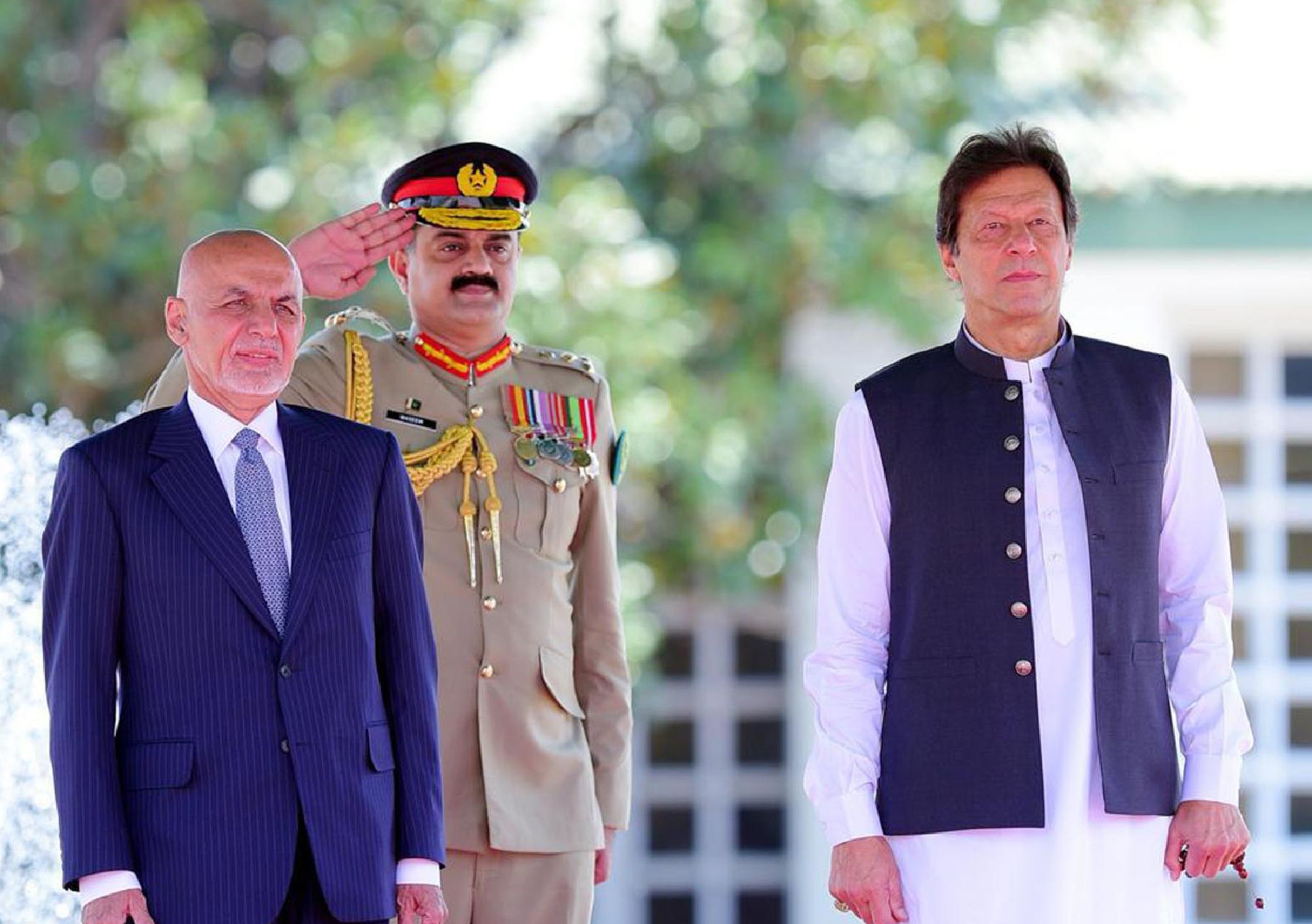
07.12.2020
01:37 PST
SF Bay Area, CA – Distantly, the peace process in Afghanistan is overshadowed by local ties with Daesh in remote locations to pressure Afghan government officials into long-lasting Western ties. Adversely, absence of local media from Afghanistan weighs in prolonged resolve to intra-Afghan peace talks. Furthermore, political relations in the region escalate tensions between the US and Taliban as Afghanistan reaches a trade agreement with Pakistan. Particularly, relations between Pakistan and Afghanistan signal added resistance to the Taliban as Daesh terrorist follow US guidance. Additionally, the recently reached Afghan-Pakistan preferential trade agreement exposes exports between the two nations to US scrutiny.
Openly, spokesperson for former Afghan president Aimal Faizi stated, "Pakistani military would never give up its policy of using terrorist groups as tool of foreign policy. It has strategic alliance with some particular terrorist groups and it supports them to wage war in Afghanistan."
DETAILS TO FOLLOW
[Top]

 |
"US attempts to salvage the European Order with new Oceania based military coalition" |
 |
 The Indian Corridor
The Indian Corridor 
 |
 |
 |
 |
 |
At the Heart
|
|
 |
|
 India Transforms Mass Transit in Wake of Pandemic
India Transforms Mass Transit in Wake of Pandemic 
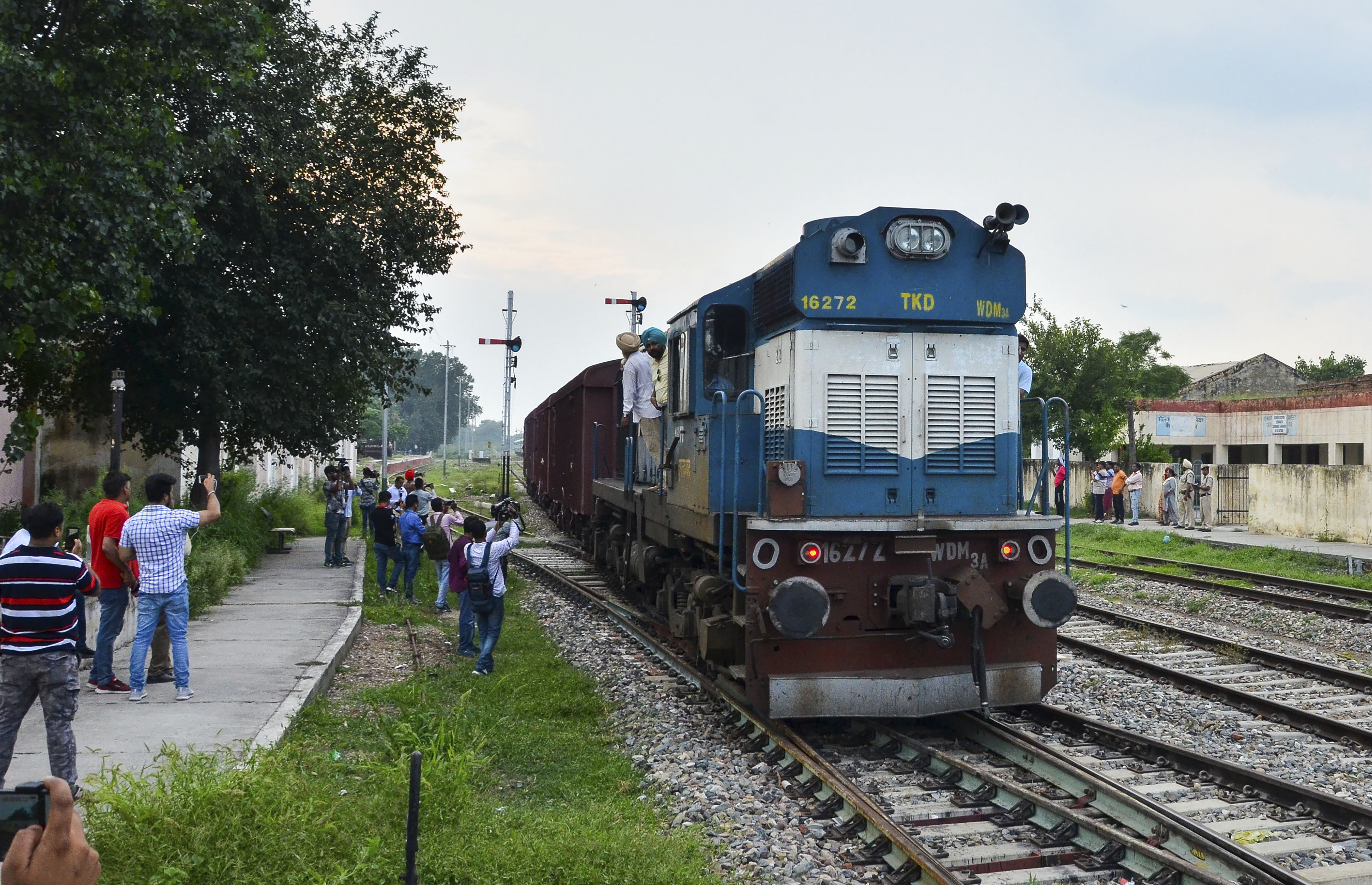
26.12.2020
01:33 PST
SF Bay Area, CA – Successfully, Indian Railways engineered needed luster from emergency services delivering medical supplies, medicine and equipment to urban residents. Promptly, Indian Railways assisted in relief efforts to stranded migrant workers as mass transit came to a hault over the pandemic. Substantially, Indian Railways has accelerated recovery from the pandemic as some 30,000 railway employees have been infected with COVID-19 and near 700 employees lives are lost. Economically, growth in India is slowed while development begins to transform mass transit for urbanization and rural demand. Reportedly, the Centre for Economics and Business Research published in an annual report, "This growth trajectory will see India become the world's third largest economy by 2030, overtaking the UK in 2025, Germany in 2027 and Japan in 2030."
DETAILS TO FOLLOW
 Food Security Stabilizes India's Economy With Farm Act
Food Security Stabilizes India's Economy With Farm Act 
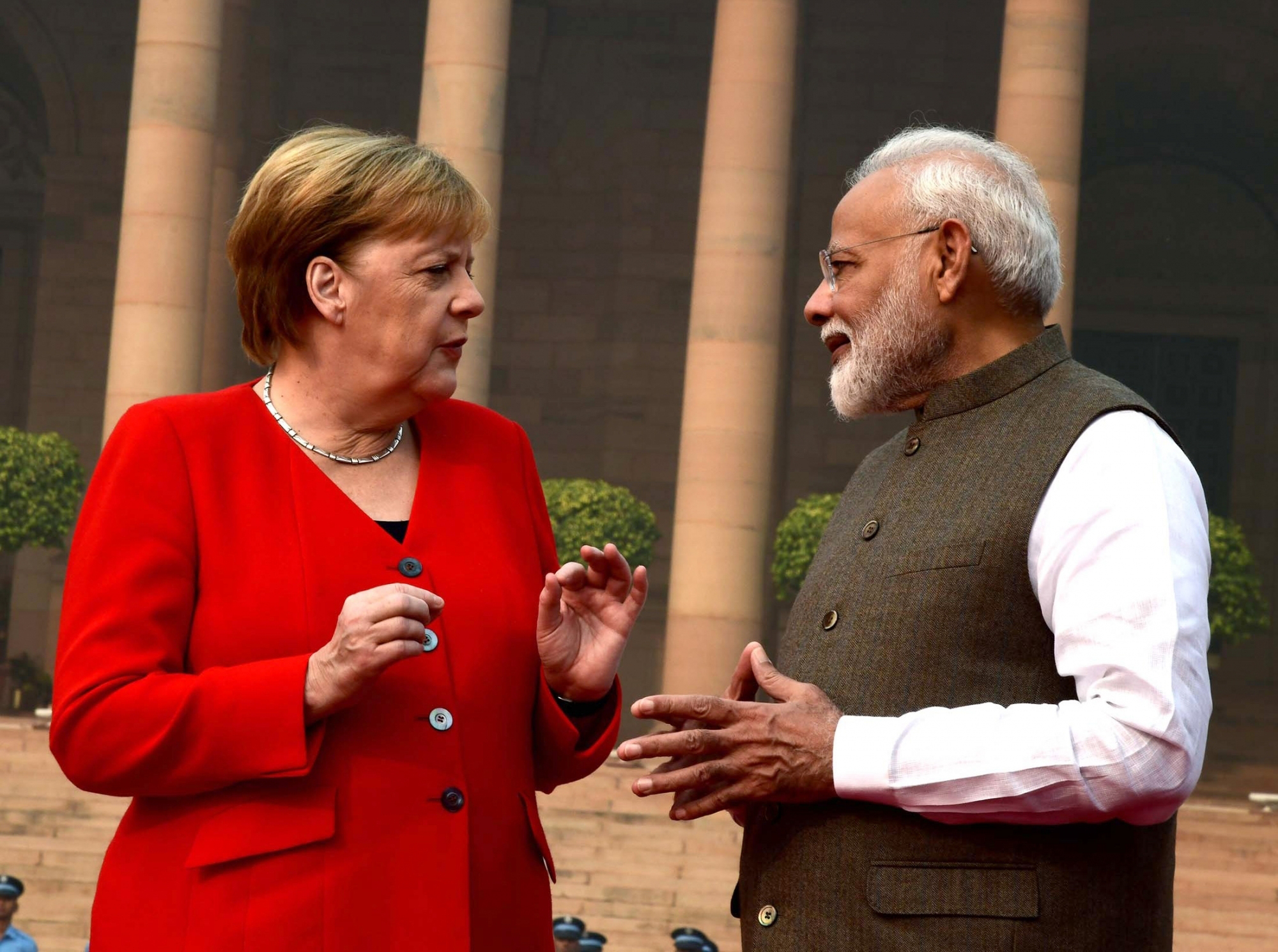
26.12.2020
03:23 PST
SF Bay Area, CA – Globally, India is primed to surpass and redefine the non-traditional investment options that plague Western economies as US sanctions against Iran interfere with regional stability. Involvedly, India's food security initiative heavily impacts trade with Iran as new farm bills accelerate regional trade. Moreover, integration to the China-Pakistan Economic Corridor (CPEC) relies on growth from the Farm Act passed in India. Expansively, incentives from regional agricultural trade between India, China, Pakistan, Afghanistan and Iran ensures future prosperity for the region. Predominantly, India's Farmers Produce Trade and Commerce Bill (FPTC) targets urban agribusinesses from small commercial farms to increase the supply chain of healthy food as logistics improve into regional markets.
Geographically, the Farm Act enables leaders to interact and integrate at over 19,000 mega-venues throughout India to ignite logistical opportunities. Likewise, technical services that extend urban opportunities to small farms are also addressed with integration of various incentives to commodity SMEs.
Nationally, innovative policies enforce food security for India which expects to accelerate economic growth in the next 12-month period. Locally, small farmers are entitled to Rs 6,000 in benefits per year in three installments of Rs 2,000 to enable access to urban markets. Importantly, food security has been identified as a major link to building new employment for generations in India. Readily, Farmer Producer Organizations (FPO) have access to regional markets with the expansion of agricultural trade along the Indian Corridor. Adequately, India's Farm Act achieves the framework for integration deeper into the markets of Bangladesh. Meticulously, economic objectives throughout the corridor are achieved as news of government farming incentives reach urban markets and small farmers alike.




